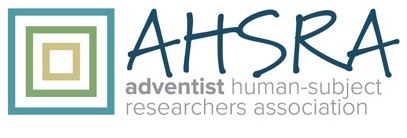Location
Virtual Conference
Start Date
19-5-2021 12:00 AM
End Date
21-5-2021 12:00 AM
Description
The objectives of the study were to establish drinking water consumption levels, patterns and socio-demographic determinants of water intake among Adventist women in Namibia. Records of 564 Adventist women aged 15-49 from the Namibia Demographic and Health Survey were examined to investigate their water consumption habits reported over 24 hours. Water consumption and associations with socio-demographic variables were established using Chi- Square tests. A binomial logistic regression model was fitted to establish determinants of water drinking habits among the women at 5% level of significance. Results indicated that water consumption among women was influenced by age-group, region and main language spoken at home. The educational level of the woman did not influence water consumption. There is need to further improve quick access to drinking water sources in Namibia. Effort to increase awareness of the health benefits of water among younger women and different cultural groups need to be stepped up in Namibia.
Water consumption patterns and determinants among Adventist women in Namibia: A health perspective.
Virtual Conference
The objectives of the study were to establish drinking water consumption levels, patterns and socio-demographic determinants of water intake among Adventist women in Namibia. Records of 564 Adventist women aged 15-49 from the Namibia Demographic and Health Survey were examined to investigate their water consumption habits reported over 24 hours. Water consumption and associations with socio-demographic variables were established using Chi- Square tests. A binomial logistic regression model was fitted to establish determinants of water drinking habits among the women at 5% level of significance. Results indicated that water consumption among women was influenced by age-group, region and main language spoken at home. The educational level of the woman did not influence water consumption. There is need to further improve quick access to drinking water sources in Namibia. Effort to increase awareness of the health benefits of water among younger women and different cultural groups need to be stepped up in Namibia.



